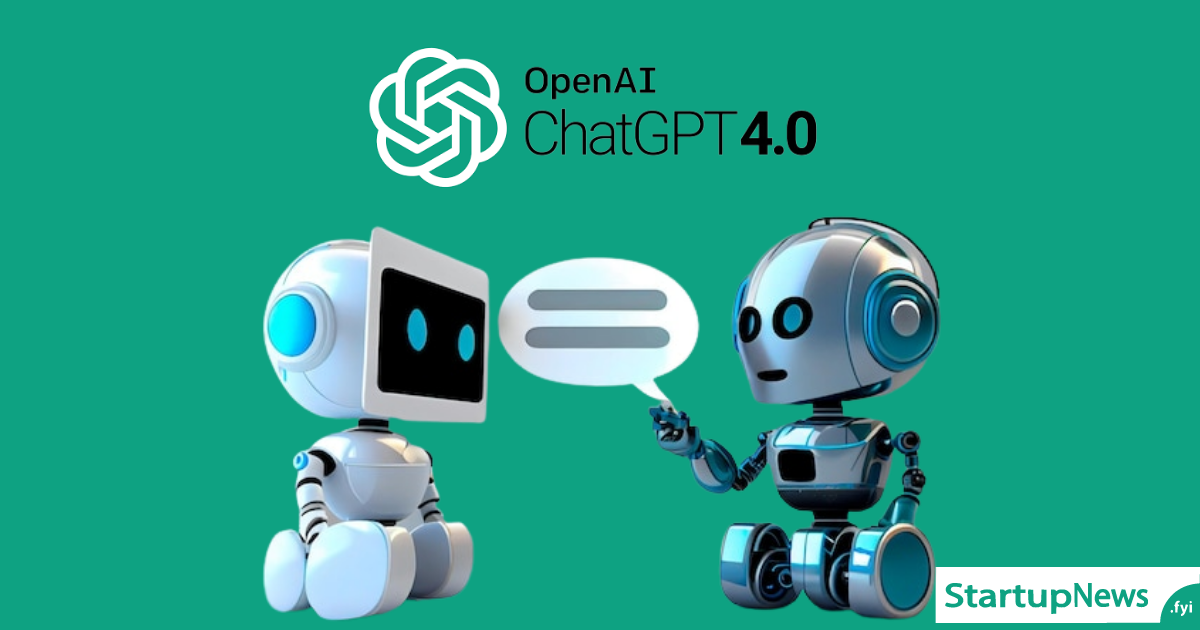OpenAI has introduced a method to leverage its advanced AI model, GPT-4, for content moderation, aiming to lessen the workload on human moderation teams. The approach, outlined in a recent OpenAI blog post, involves prompting GPT-4 with a specific policy guiding its moderation decisions. This includes creating a test dataset of content examples that may or may not violate the policy.
OpenAI Policy Refinement Through Human Labeling and Model Feedback
To refine this process, policy experts label the content examples and then present them, devoid of labels, to GPT-4. The model’s determinations are compared to those of humans, allowing policy experts to analyze discrepancies, seek reasoning behind GPT-4’s judgments, and clarify ambiguities within the policy. This iterative approach aims to enhance the quality of the moderation policy.
OpenAI Promised Reduction in Policy Rollout Time
OpenAI claims that its technique, already adopted by several customers, has the potential to significantly reduce the time required to implement new content moderation policies. The process could be streamlined to just a matter of hours. OpenAI contends that its method surpasses alternative approaches, including those proposed by startups like Anthropic, which OpenAI criticizes for their rigidity in relying on models’ “internalized judgments.”
Challenges and Biases in AI-Powered Moderation
While AI-driven moderation tools have gained traction, challenges persist. Biases within training datasets, introduced by human annotators, can impact the effectiveness of such tools. OpenAI acknowledges these challenges, noting that AI-generated judgments are susceptible to undesired biases from the training process. Ongoing human validation and refinement remain crucial to mitigate these biases.
GPT-4’s Potential and Caution in Moderation
Although GPT-4’s predictive capabilities hold promise for improved moderation, OpenAI acknowledges the need for careful monitoring and validation due to inherent biases and potential errors. OpenAI’s initiative to harness GPT-4 for content moderation demonstrates a step toward automating moderation tasks, yet it is essential to remember that AI, even at its best, can still make errors. Maintaining human oversight remains vital to ensure responsible and unbiased content moderation.
Also Read The Latest News:
Ola Electric unveils four new electric bikes following S1 X scooter launch
X, formerly Twitter, faces scrutiny for slowing down access to disliked websites



![[CITYPNG.COM]White Google Play PlayStore Logo – 1500×1500](https://startupnews.fyi/wp-content/uploads/2025/08/CITYPNG.COMWhite-Google-Play-PlayStore-Logo-1500x1500-1-630x630.png)